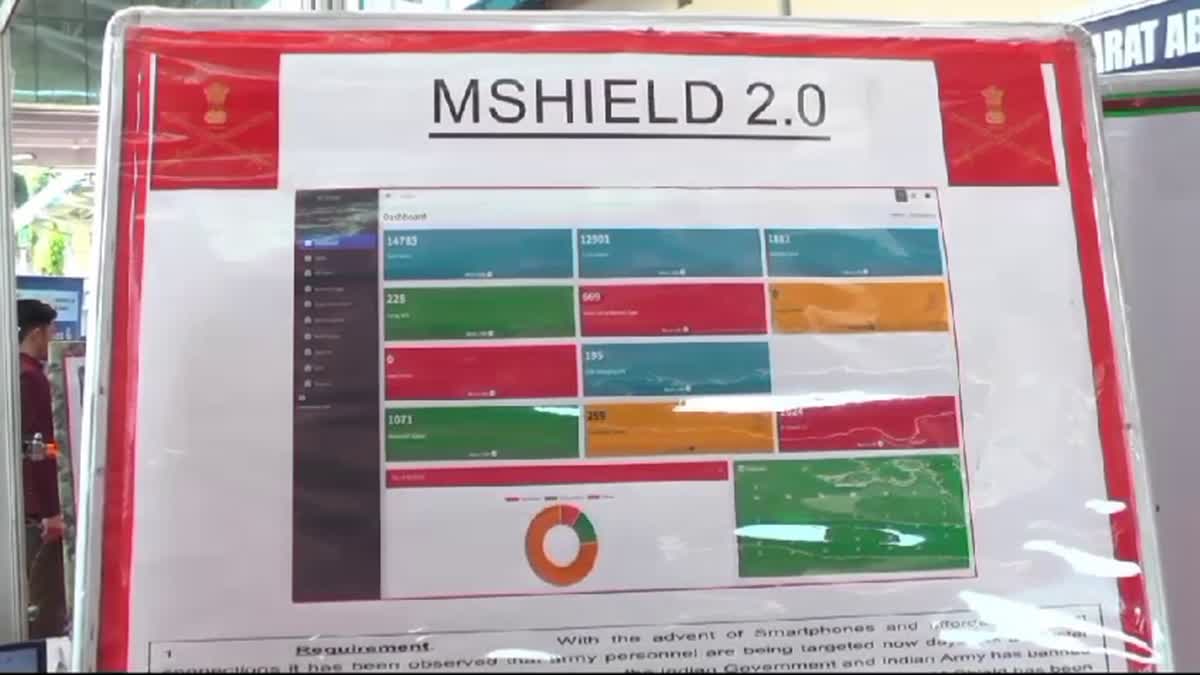Jammu: In a strategic move to counter espionage tactics, the Indian Army has unveiled MShield 2.0, a cutting-edge mobile application designed to protect soldiers from falling victim to “honey traps” orchestrated by adversarial forces, particularly Pakistan.
The software aims to thwart attempts to extract classified information through social engineering ploys, which have previously targeted personnel along sensitive borders.
Intelligence reports have repeatedly highlighted Pakistan’s use of honey traps—a tactic involving romantic or deceptive interactions—to compromise Indian soldiers and gain access to military secrets.
Such incidents have led to inadvertent data leaks in the past. To address this, the Army’s cybersecurity wing developed MShield 2.0, a proprietary app that monitors soldiers’ digital activity in real-time, ensuring no sensitive information is shared, intentionally or accidentally.
The app, exclusively available to authorized personnel, alerts officers if a soldier downloads unverified applications or engages with suspicious contacts. It also detects “PIO calls”—a term referring to covert communication methods often used in honey traps—and flags them for immediate review. Senior officers emphasized that the software operates discreetly, safeguarding privacy while maintaining operational security.
“Since its deployment, not a single honey trap case has been reported,” stated an Army official. “MShield 2.0 acts as a digital watchdog, empowering us to preempt threats before they escalate.”
Current Deployment and Future Goals
Currently, the app is being piloted by the Romeo Force, a specialized unit deployed in high-risk areas. Captain Shivani Tiwari, overseeing the initiative, said that the goal is to induct MShield 2.0 across the entire Army soon. “This technology is a game-changer in safeguarding both our personnel and national security,” he said.
By combining stringent monitoring with user-specific access, MShield 2.0 not only blocks external threats but also educates soldiers on digital vigilance.
Read more:



